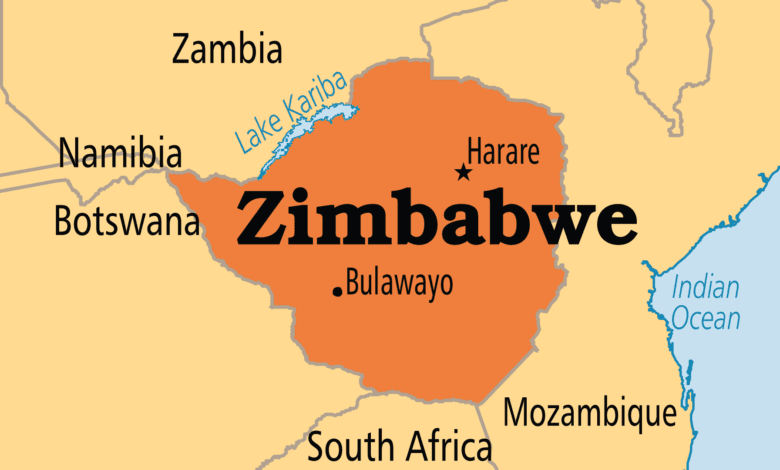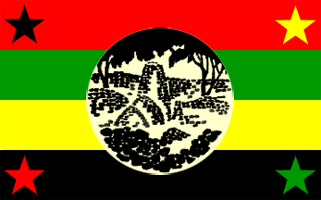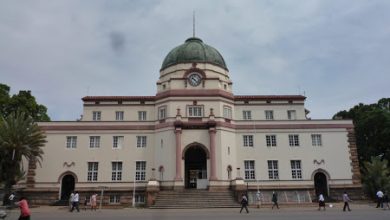Thousands remain stateless in Zimbabwe 41 years after independence

Thousands of people remain stateless in Zimbabwe 41 years since independence as a result of colonial migration and the 1980s Gukurahundi massacres, a recent Amnesty International Report has shown.
The organisation interviewed descendants of migrant workers who settled in Zimbabwe pre-independence, as well as survivors of the Gukurahundi massacres of the 1980s who today remain locked out of citizenship by a cruel combination of discrimination and bureaucracy.
Those people, the report indicates, remain trapped in the misery of statelessness in Zimbabwe and have been forced to the margins of society as they struggle to access education, healthcare and housing.
The report, We are like “stray animals”, details how Zimbabwe’s discriminatory and arbitrary nationality laws have left generations of migrant workers and their families marginalised in the only country they have ever called home. On the other hand thousands of survivors of the horrific Gukurahundi massacres, one of the bloodiest episodes of Robert Mugabe’s rule, the report says are denied citizenship because they cannot provide the death certificates of relatives, which are required to prove Zimbabwean nationality.
“For Zimbabwe’s stateless, everyday life is filled with obstacles,” said Muleya Mwananyanda, Amnesty International’s deputy director for Southern Africa.
“Accessing education, healthcare and employment can be a nightmare, and the sense of exclusion and rejection is soul destroying. The Zimbabwean authorities must take concrete action to address this crisis, including mapping and registering all stateless people. Authorities must ensure laws are in line with Zimbabwe’s own Constitution, as well as international human rights law.”
Approximately 300,000 people in Zimbabwe are currently at risk of statelessness, according to the United Nations High Commissioner for Refugees.
Lack of official data also means that the exact number is unknown.
Amnesty International has said statelessness as a result of migration has its roots in colonial history during which the British colonial government largely depended on cheap migrant labour from Malawi, Mozambique and Zambia to grow its industries.
After independence in 1980, Zimbabwean authorities passed a series of discriminatory laws which have, over the years, effectively excluded, marginalized and disenfranchised the descendants of those workers.
The report quotes one man, Alex, whose father was Zambian, who said: “I have no idea how I can locate my parents’ relatives as I have never been to Zambia.”
Alex does not have death certificates for either his father or his Zimbabwean mother. As a result, he has been denied citizenship, which prevented him from going beyond Grade 7 at school and means neither of his children have birth certificates.
Turning to Gukurahundi, the study highlights that when the atrocities were over, traumatized survivors had to grapple with the challenges of statelessness as they were required to produce death certificates as proof of their parents to apply for Zimbabwean nationality.
However, death certificates for people killed in the Gukurahundi operation were not issued, meaning that those who were orphaned as a result of the violence had no way of proving their parents’ nationality.
The report cites Vaina Ndlovu, 68, who lives in Tsholotsho in Matabeleland North. Vaina’s father was abducted by Fifth Brigade forces and never heard from again following his abduction. When she tried to obtain a death certificate for her father, registry office officials told her they needed witnesses to confirm that her father was abducted during Gukurahundi, which Vaina’s family could not provide.






